‘We’re not going to pull a rabbit out of a hat’
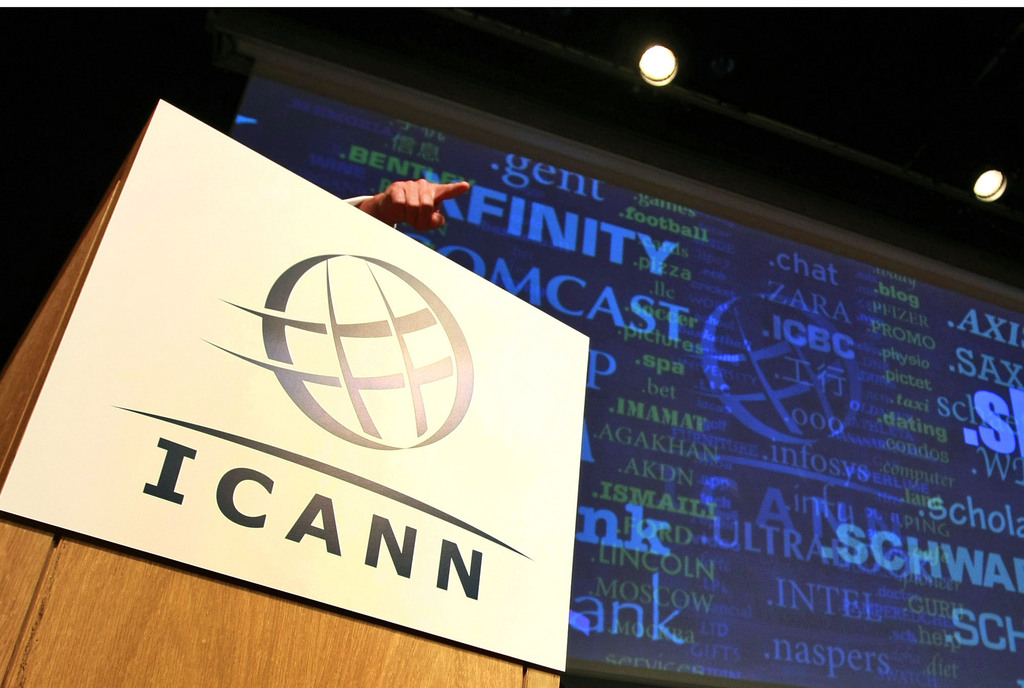
Brazil is playing host this week to the “World Cup of internet governance”, as technology magazine Wired put it. States, hi-tech firms and civil society players will compete over how the net is managed. A Swiss negotiator gives his insights.
Frédéric Riehl, deputy director of the Federal Communication Office, is one of three Swiss negotiators taking part in NETmundial from April 23-24 in São Paolo, Brazil. Around 800 participants were expected.
The draft agreement for NETmundial has already been prepared based on contributions from a multi-stakeholder committee of governments, NGOs and the private sector. The aim of the meeting is to agree on broad principles for internet governance, including how to protect human rights and privacy online and to start the process of institutional reform.
Around one-third of the submissions to NETmundial called for internationalisation of net governance and reform of the Internet Corporation for Assigned Names and Numbers (ICANN), the US-based non-profit organisation responsible for assigning domains.
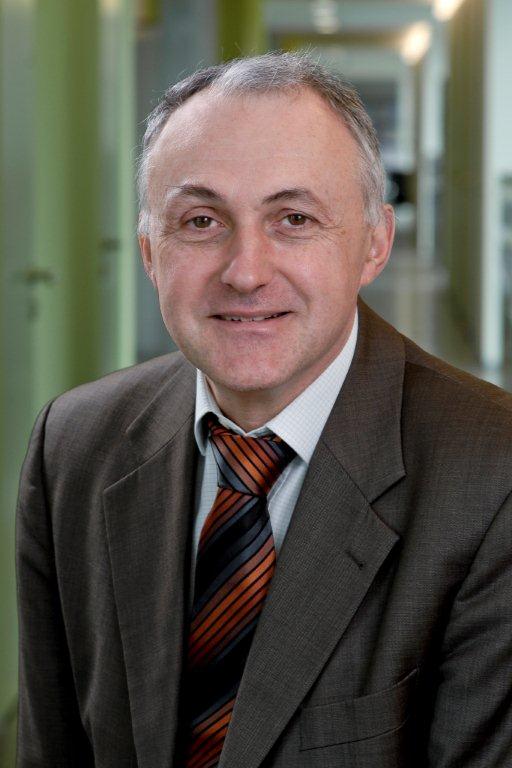
swissinfo.ch: Expectations are high ahead of NETmundial. Some experts have called it a ‘make-or-break’ meeting. What’s your feeling?
Frédéric Riehl: What is important for us is that we will try to discuss together with all stakeholders – governments, civil society, academia and business – to have a kind of consensus for the general principles and a roadmap with details on what we can achieve together, the timeframe and how we will do that.
We have been discussing internet governance for ten years but with little success. There are still different approaches, and no consensus on the wording of everything finalised in the World Summit on the Information Society (WSIS) action plan.
If we agree in Brazil to general principles, it will be a very important step. The text is almost ready based on 180 contributions from states and other stakeholders. In two days with 800 people there won’t be many big changes. We are not going to pull a rabbit from a hat.
This is a difficult transitional period for internet governance, as stakeholders seek a new formula, trying to reconcile the tension between the current model, led by non-governmental organisations and private firms, and the increasing demands for a stronger role of governments.
After recent telecom summits two blocs formed, with Russia, China and some Arab states on one side seeking more power for International Telecommunication Union (ITU), and the US and some Europeans wanting to maintain the status quo.
swissinfo.ch: There are lots of tensions around ICANN. By announcing in March it intends to relax oversight of its IANA contract (under which the US contracts ICANN to carry out internet administration tasks), the US stands accused of heading off growing discontent with its influence over the internet and stifling debate so the US stays in control of talks. What’s your view?
F.R.: This question of ICANN and IANA has been in discussion for a long time. Several years ago the European Commission sent messages to the US that we have to internationalise and it cannot remain an association in California and we only use US legal rules and US procedures. It’s very difficult for lots of countries to accept that. When the European Commission asked for the .eu domain name, who gave the green light? The US Department of Commerce. It’s very strange.
It’s not surprising that this question has come up as there is more and more pressure to internationalise. ICANN President Fadi Chehadé has changed things. He comes from another part of the world and plays a certain role [in the move] to internationalise, even if it’s not very well accepted by all of ICANN’s board.
I think the US has said that they are ready to go forward with this international position. That doesn’t mean all is done. It’s just a sign that the US is ready. How we will do that is a question mark.
You have to be careful that you don’t disturb the internet, as there are lots of technical issues. It could take time. We know that the US doesn’t want the oversight of the IANA function to be taken by an international organisation like the UN or ITU. For the rest there are lots of unknowns.

More
‘Compromise’ deal may secure internet’s future
swissinfo.ch: ICANN is just one part of internet governance. There is also a huge debate on the appropriate roles of governments, business and other stakeholders. Can we expect progress on the future model?
F.R.: We have to find a solution about public policy issues and so-called ‘enhanced cooperation’ between stakeholders. But it’s all a question of interpretation.
We’ve been discussing this for ten years without reaching any consensus. The G77 group of developing and emerging nations say they want a real role for government compared with other stakeholders like civil society and business. But the ‘Five Eyes’ [US, Britain, Canada, Australia and New Zealand] say ‘everything is fine. We don’t need to go any further and create new bodies or have a role for the UN’. That’s where we are.
Some countries have major difficulties with the idea of a multi-stakeholder approach. As long as you have discussions it’s ok, but the problem is how do you take decisions? It’s not clear at all. Some countries cannot imagine taking co-decisions between governments, civil society and business.
The Swiss authorities recently invested CHF400,000 in the creation of the Geneva Internet Platform in collaboration with the DiploFoundation. This Swiss government-backed project aims to act as a catalyst for internet governance discussions contributing to the preservation of unified internet and making more informed decisions. One objective is to help small and developing countries that have been marginalised to participate in internet governance debates. Riehl said they are considering collaborating with the European Union, which has a similar project.
Geneva is home to numerous organisations that are involved in internet governance-related issues, including the International Telecommunication Union (ITU), the Internet Society, the WorldWideWeb Foundation, and the Internet Engineering Taskforce. ICANN recently announced it had opened an office in Geneva.
swissinfo.ch: What is Switzerland’s position?
F.R.: We favour a multi-stakeholder position, but it depends on the subject. It could be that there needs to be more implication of one particular stakeholder, like technical issues where the government doesn’t have such a big role. You need to be nuanced. We always talk of equal footing of all stakeholders but we need more flexibility.
swissinfo.ch: How far will the issues of large-scale surveillance and spying likely dominate at NETmundial?
F.R.: People say this conference was organised by Brazil in reaction to the Snowden affair and the problems of surveillance. Everyone is ready to say that surveillance should be properly regulated, proportionate and have a legal basis, but afterwards it’s always a question of interpretation by states.
The reason why civil society and some states don’t want too much government involvement is that if you give them too much control, automatically they will survey internet access and content. We know that there are some states that are ready to do just that.

In compliance with the JTI standards
More: SWI swissinfo.ch certified by the Journalism Trust Initiative

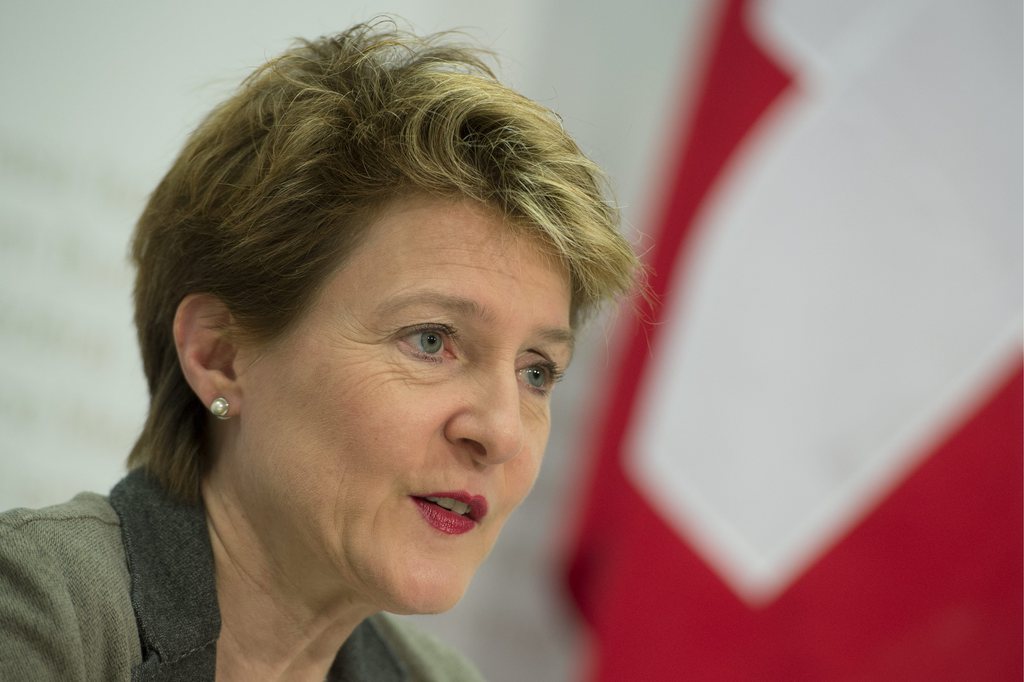
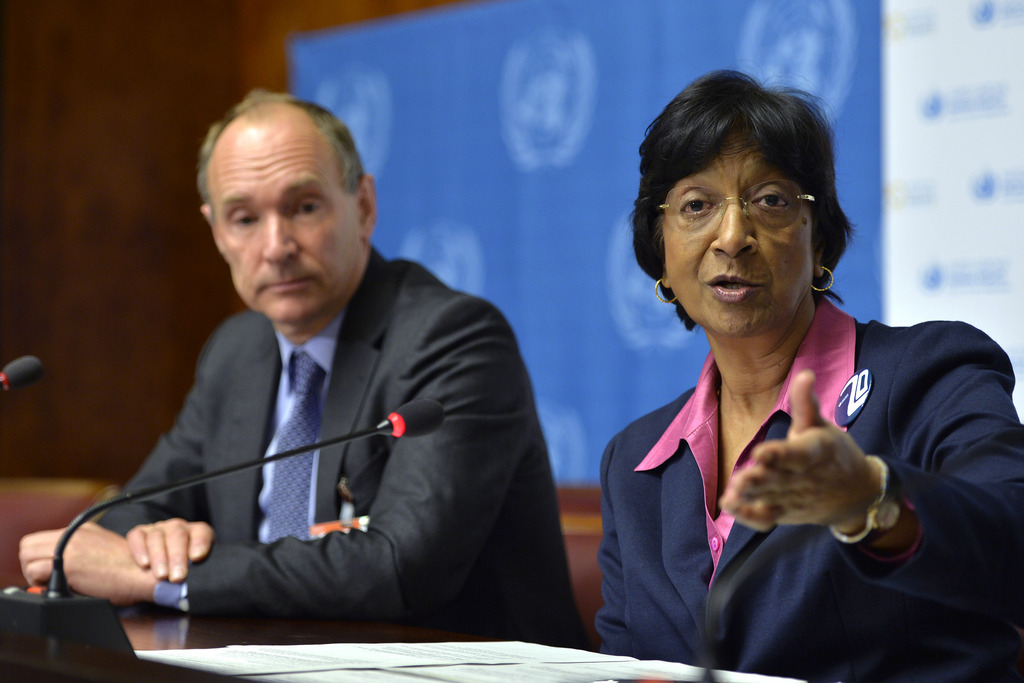
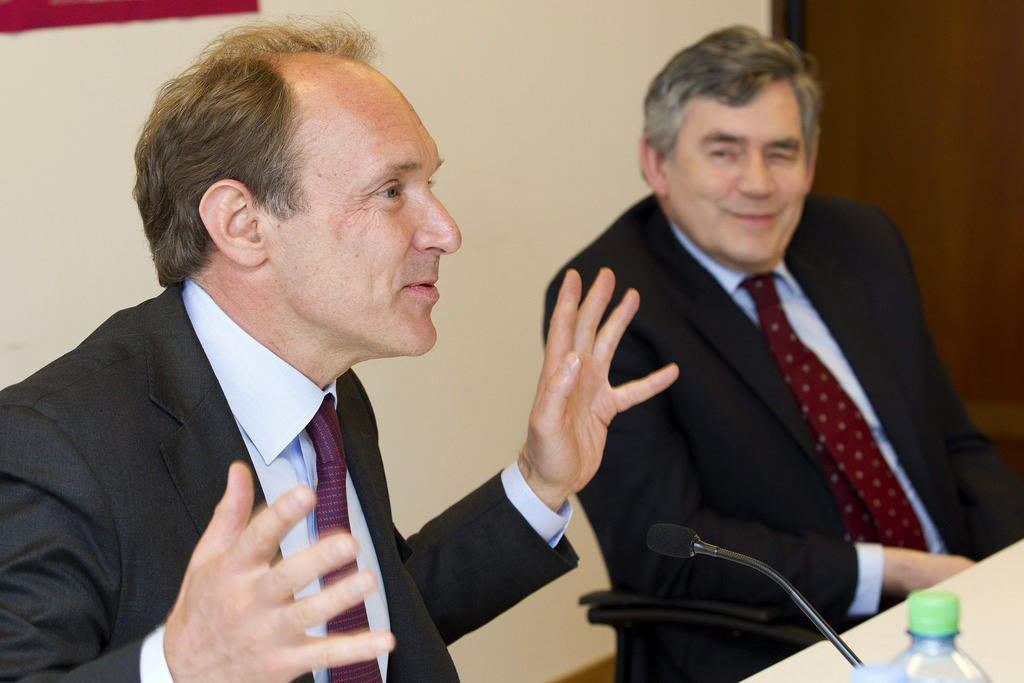


You can find an overview of ongoing debates with our journalists here. Please join us!
If you want to start a conversation about a topic raised in this article or want to report factual errors, email us at english@swissinfo.ch.